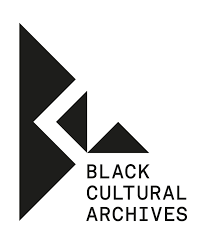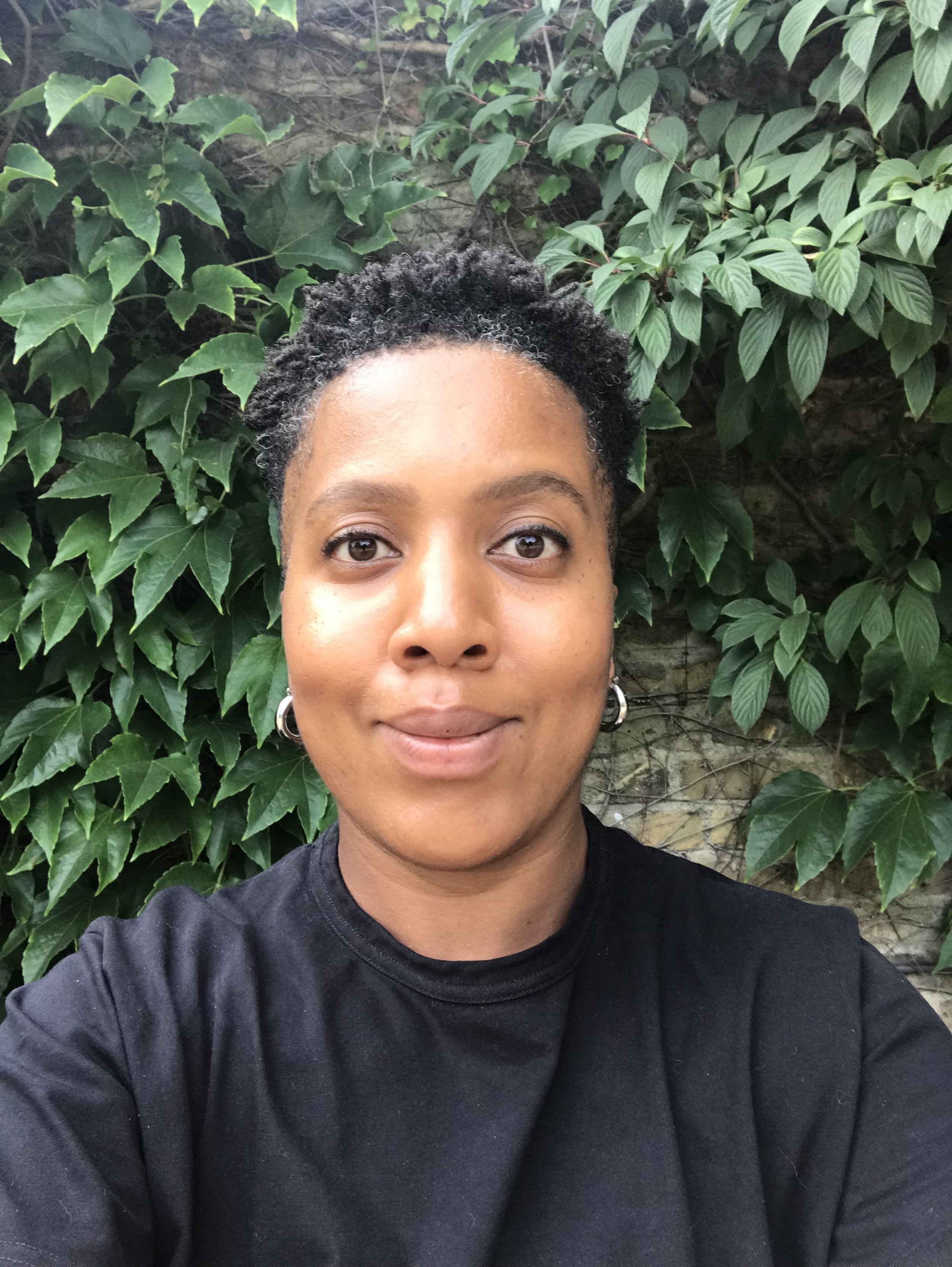
The experiences of many first-generation African and Caribbean mothers in Britain were impacted by discriminatory institutional practices and threats to rights. These social conditions generated distinctive, additional parental work and anxieties for these mothers. Their contributions to society through not only caring for and bringing up their children, but also positive social action in their communities have been overlooked and under-celebrated. It is important to recognise Black mothers’ courage to break down barriers in a society dominated by the white, male and middle class. Despite being uniquely impacted by inequalities, many sought improvements not only for themselves and their children, but also for Black men. As we emerge from a pandemic to a cost of living crisis against a backdrop of gentrification in our inner cities, there is much to be learned from how Black mothers organised to create supportive spaces, to articulate their difficulties, to produce and share information and to call for a better world.
[Image: ‘Black Women Together’ from Spare Rib, DADZIE/5/6]
Conclusion
Miranda Armstrong is a researcher and writer currently based at the University of York. She is a PhD candidate in the sociology department at Goldsmiths College. Miranda held the prestigious Economic and Social Research Council PhD scholarship, and has taught sociology and criminology at Goldsmiths. Her writing has been published by The Voice and Black Ballad, among other outlets. She is a contributing essayist to the pioneering anthology, Motherhood Untold (2020), and is author of the graphic pamphlet, Beyond the Myth: Single Black Mothers and their Sons (2021).


